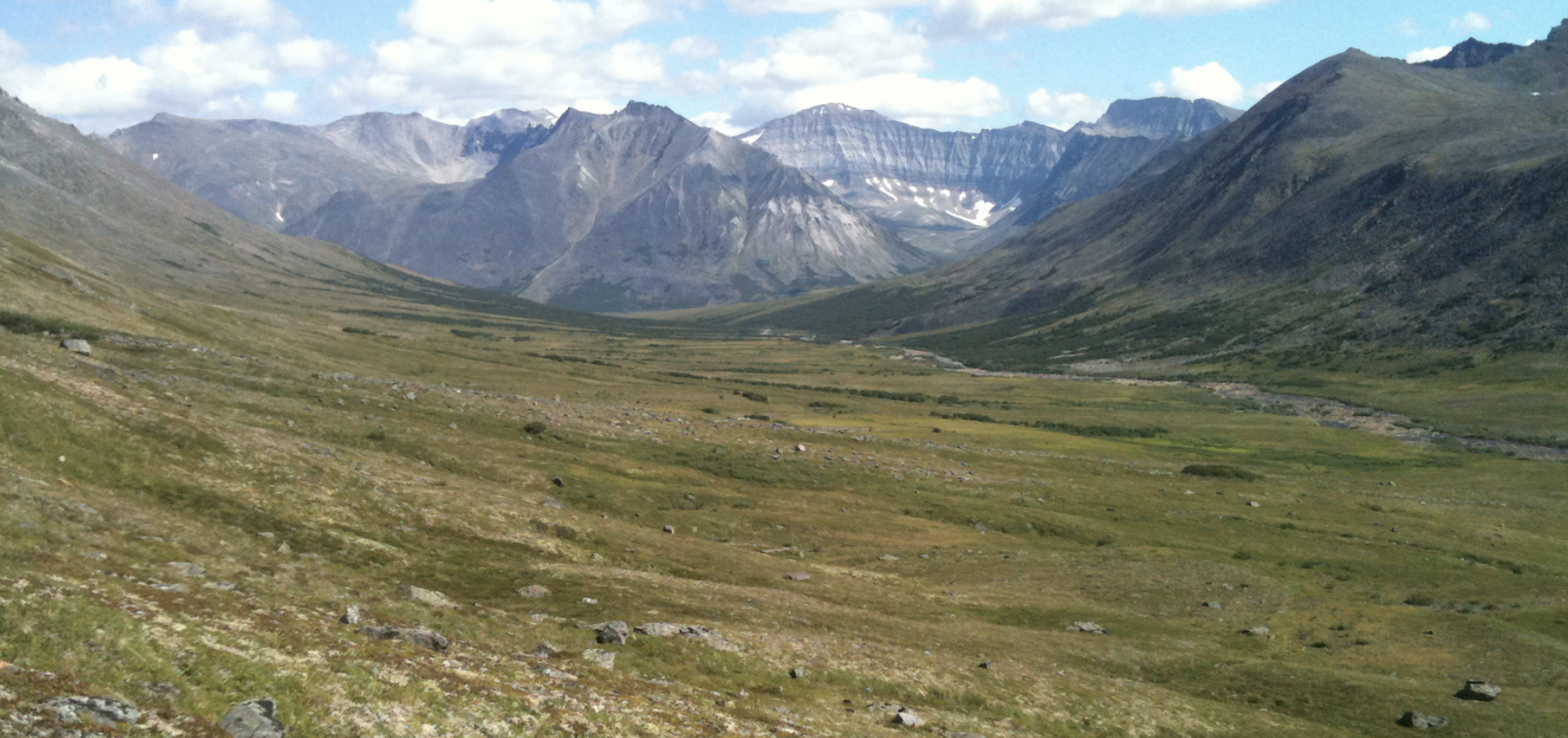
- Details
- By Native News Online Staff
Last week, the Department of the Interior rejected a proposed 221-mile road that would stretch across federal lands to connect mineral mining areas in the state. The department said the decision would help protect the state's subsistence economy and preserve a way of life for Alaska Native communities.
On June 26, the Department of the Interior released a record of the decision for the Ambler Road project that chose a no-action plan from the Final Supplemental Environmental Impact Statement released two months prior.
“The decision means that the Alaska Industrial Development and Export Authority (AIDEA) will not have a right-of-way across BLM-managed lands,” the decision states, based on Bureau of Land Management analysis that found that the road “would have required over 3,000 stream crossings and would have impacted at risk wildlife populations, including shellfish and the already-declining Western Arctic caribou herd, which are critical food sources for Native communities.”
The analysis also found that the road would have reduced abundance, availability, and access to subsistence resources, according to the Interior's press release. “In addition, the analysis showed that irreparable impacts to permafrost would make it unlikely the road could be reclaimed, and that it is reasonably foreseeable that the industrial road would be used by the public, increasing impacts to the surrounding environment and communities.”
Additionally, the Bureau of Land Management today released a Final Environmental Impact Statement analyzing the proposed revocation of existing withdrawals on 28 million acres of public lands it manages across Alaska. The revocation would have opened the acres to resource extraction, including mining and drilling, and removed the federal subsistence priority. The Final Impact Statement ultimately retained the current land protections, reflecting the “overwhelming support” BLM heard in the public comment period last winter from Alaska Native communities, hunting and fishing communities who said they rely on the withdrawals to protect subsistence hunting opportunities.
House Natural Resources Committee Ranking Member Raúl M. Grijalva (D-Ariz.) said in a statement today that the final decision on Ambler Road reflects the voices of the many Alaska Native communities who took a firm stand against the impending destruction of their lands.
“Ambler Road would have decimated the fragile Arctic ecology and wildlife that many communities depend on for their subsistence way of life — all for a speculative, high-risk mining interest,” the Representative said. “I am grateful to the Biden administration for finalizing this decision and putting the wellbeing of Indigenous communities over corporate greed.”
The Mother Kuskokwim Tribal Coalition, a group of Indigenous women from the Kuskokwim Delta in Alaska, released a statement celebrating today’s decision.
“The Biden Administration’s decision today is an important step toward a future full of wild salmon, healthy people, and healthy lands and waters,” said Anaan’arar Sophie Swope, Executive Director of Mother Kuskokwim. She added that she looks forward to seeing additional protections placed on D1 lands, including in her own Yukon-Kuskokwim region. “These protections ensure future generations will be able to live safely with and on the land, carrying our customary and traditional knowledge.”
More Stories Like This
Gwich'in Tribal Governments Submit Comments Challenging Fish and Wildlife Service's Inadequate Environmental Review of Arctic Refuge Snow RoadRappahannock Tribe Challenges 9M-Gallon Water Plan
Feds release draft long-term plans for Colorado River management
Apache Leader Walks 60 Miles to Court Hearing That Will Decide Fate of Sacred Oak Flat
Rappahannock Tribe Raises Sovereignty and Environmental Concerns Over Caroline County Water Permit
Help us defend tribal sovereignty.
At Native News Online, our mission is rooted in telling the stories that strengthen sovereignty and uplift Indigenous voices — not just at year’s end, but every single day.
Because of your generosity last year, we were able to keep our reporters on the ground in tribal communities, at national gatherings and in the halls of Congress — covering the issues that matter most to Indian Country: sovereignty, culture, education, health and economic opportunity.
That support sustained us through a tough year in 2025. Now, as we look to the year ahead, we need your help right now to ensure warrior journalism remains strong — reporting that defends tribal sovereignty, amplifies Native truth, and holds power accountable.
 The stakes couldn't be higher. Your support keeps Native voices heard, Native stories told and Native sovereignty defended.
The stakes couldn't be higher. Your support keeps Native voices heard, Native stories told and Native sovereignty defended.
Stand with Warrior Journalism today.
Levi Rickert (Potawatomi), Editor & Publisher


